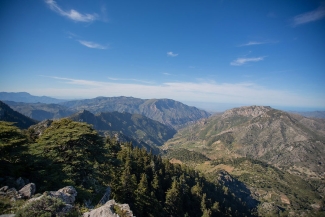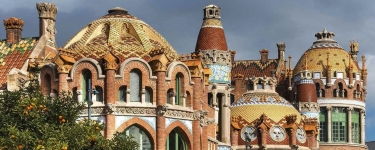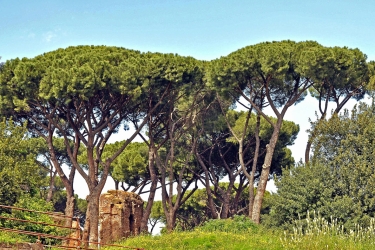EFIMED and Barcelona Provincial Council team up to promote forest resilience in Morocco

The European Forest Institute’s Mediterranean Facility (EFIMED) organised an identification mission to the Bou Hachem and Talassemtane natural parks in northern Morocco, in collaboration with several local experts and with the support of the Barcelona Provincial Council (DIBA). This field visit, which took place in November 2023, corresponds to one of the activities of the initiative developed by EFIMED with the support of DIBA, in the framework of the Decentralised Cooperation Programme in the Mediterranean of the Development Cooperation Office (OCD).
In addition to other activities carried out in Lebanon (Mont Liban) and in Montserrat Park (with the collaboration of the Technical Office of Municipal Forest Fire Prevention and Agricultural Development of the Provincial Council), this initiative involves the identification of a new project in Morocco, which will be developed throughout 2024.
The natural areas that have been selected are the Bou Hachem and Talassemtane parks. Because of their biodiversity, they are of great ecological interest and are part of the Mediterranean Intercontinental Biosphere Reserve (UNESCO, 2006).
As could be seen during the identification visit, in which the OCD participated, numerous agricultural and tourist activities are carried out, which highlight the natural wealth of the territory and the ancestral traditions that still survive. There are also harvesting and recreational initiatives that interfere with the conservation of nature.
The field visit made it possible to see these activities first-hand (honey producers, herb and forest fruit sellers, various rural tourism initiatives, etc.) and to exchange with the local actors involved in these activities. Meetings were also organised with local elected officials (from Talambote and Tanakoub) and with representatives of small local associations and cooperatives.
This information will thus serve as a basis for working in 2024 on enhancing the natural wealth of these areas and on the cultural and environmental value of the sustainable traditional practices that still exist. At the same time, new lines of action have been identified, to be developed in the future, to promote and support the sustainable exploitation of these natural areas.
This article was originally written by the Barcelona Provincial Council (DIBA) and it has been translated and adapted into English by EFIMED.



